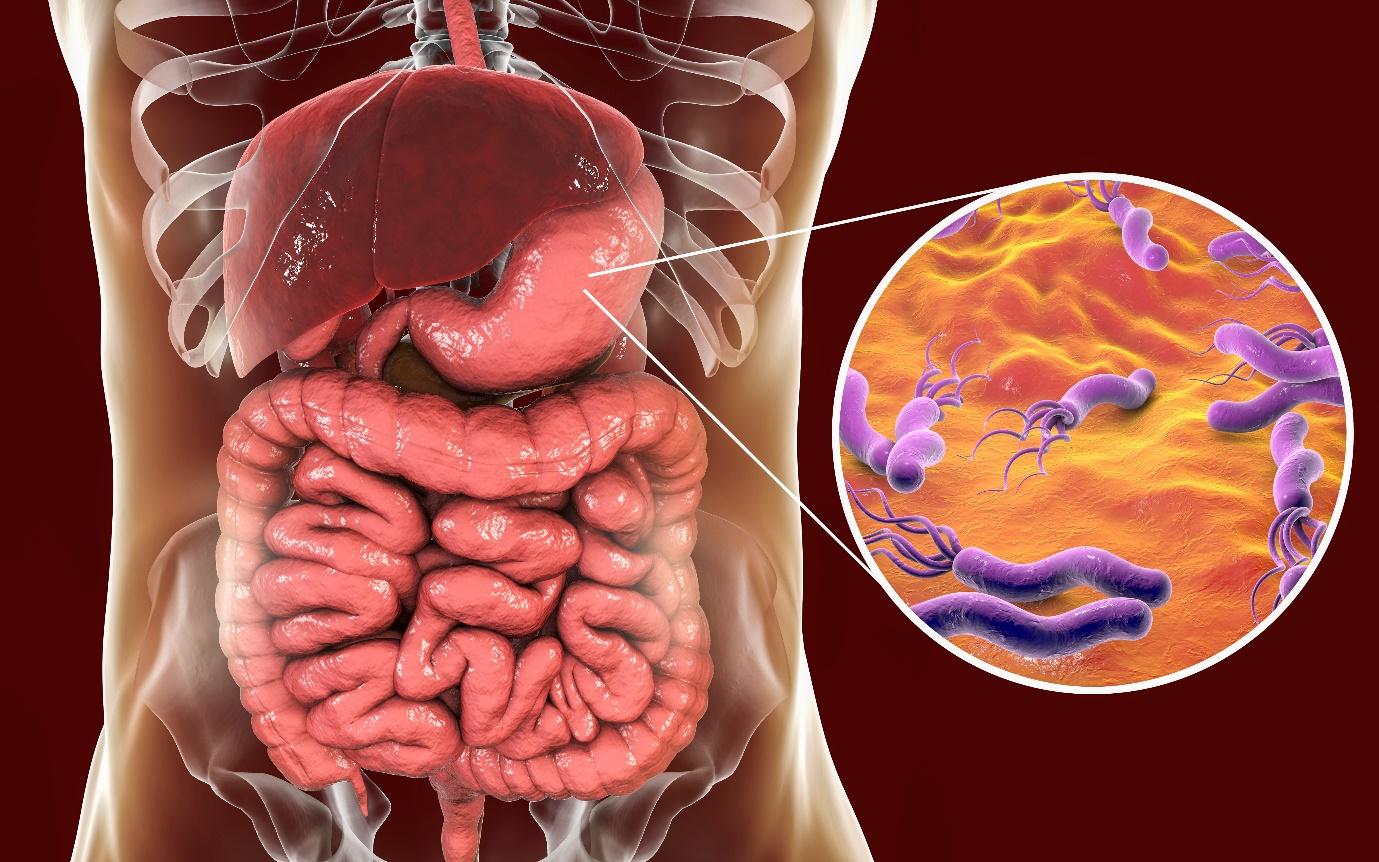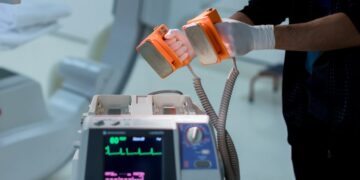Diseases that affect the stomach can be caused by various factors. One of these is a bacteria that usually infects children called Helicobacter Pylori or H. Pylori bacteria. This bacteria is common among young children who live in areas that are crowded and practice poor sanitation. You may have this bacteria without you knowing it until symptoms begin to show. However, if you have been suffering from gastritis or peptic ulcer for a long time, you should see a doctor who can provide Helicobacter Pylori treatment in Singapore (https://andrea-digestive-clinic.com/helicobacter-pylori-infection/) as soon as possible. Below are the symptoms that you may have when H. Pylori bacteria is present in your gut:
- Abdominal pain that worsens when you are hungry or when the stomach is empty
- Appetite loss
- Bad breath
- Bloating
- Burning sensation in the abdomen
- Chronic burping
- Loss of weight without intention
- Nausea
- Vomiting
H. Pylori bacteria should not be left untreated as this infection can spread from one person to another. This can be spread through bacteria transfer by way of kissing or hand-to-mouth when a person fails to do thorough hand washing following a bowel movement. Experts believe that this bacteria may also contaminate and be spread through water and food.
The characteristics of this bacteria is unique. The bacteria’s shape and its movement make it possible to penetrate through the stomach’s protective lining. Once it has successfully burrowed in the lining of the stomach, the bacteria multiplies and releases urease, an enzyme that transforms urea to ammonia. The ammonia produced serves as a protection around the bacteria, making it invincible from the stomach’s acid. As a result, the bacteria continues to wreak havoc and cause damage to the tissue of the stomach, causing conditions to occur, such as gastritis or stomach ulcers.
Where do I go to get treatment for H. Pylori Treatment in Singapore?
Gastroenteroligists, like Dr Andrea Rajnakova of Andrea Digestive clinic, are the best medical professional to seek help from when you have H. Pylori bacteria infection.
A gastroenterologist is a doctor that is dedicated to the management and treatment of conditions and diseases that affect the gastrointestinal tract, as well as the liver. They have the knowledge, training, and experience in various ailments of the GI tract.
It is important that you schedule a consultation with a gastroenterologist when you begin to notice symptoms of H Pylori bacteria. Immediately seek medical attention when the following happens:
- Blood is present in the vomit
- Chronic pain is felt in the stomach and disrupts sleep
- Stools appear bloody or look like they are covered in black tar
When not treated, H. Pylori infection could even cause some types of stomach cancer.
How is H. Pylori bacteria diagnosed?
After going through a physical assessment and sharing your symptoms to your doctor, further tests can be recommended to get an accurate diagnosis that H Pylori bacteria is indeed the culprit of your stomach woes. Your doctor may ask that you undergo any of the following tests:
- Blood Test
- Breath Test
- Endoscopy
- Stool Test
Blood Test. Blood tests can determine antibodies in the body’s immune system. A test that shows a positive presence and increased amount of antibodies in the blood may indicate that H. Pylori bacteria is in your gut.
Breath Test. A breath test is done to determine whether urea is present inside your stomach or not. During this test, you will be asked to take a solution that is made up of tagged carbon molecules. This can be in the form of a liquid, a pill, or a pudding. Carbon plays an important part in this test as the body releases it when H Pylori bacteria exists in the stomach lining. The carbon released is collected as you blow into a bag and processed by a special device to determine the amount of carbon molecules. This test is safe for children above the age of 6 years old as well as adults.
Endoscopy. An upper endoscopy exam is an invasive medical procedure that makes use of a device called an endoscope. This medical apparatus is made up of a tube that is thin, long, and flexible with a tiny light and video camera attached to one end. For this exam, patient sedation is needed. To proceed, the doctor inserts the endoscope into the mouth and carefully navigates it through the upper gastrointestinal tract, that is the esophagus, stomach, and duodenum. Small samples of tissue from the stomach lining may be removed by your doctor and sent to a medical laboratory for further tests (biopsy) to confirm the existence of H. Pylori bacteria.
Stool Test. There are two types of stool test that can be used to diagnose H. Pylori infection:
- Stool antigen test
- Stool PCR test
A stool antigen test checks the stool for proteins that are related the H. Pylori bacteria, while a stool PCR test can immediately identify an infection, even those that have resistance to antibiotics and have mutated.
How is H. Pylori bacteria infections treated?
A cocktail of antibiotics are usually prescribed by doctors to treat H Pylori bacteria infections because the bacteria may be resistant to one antibiotic alone. Further treatments may be recommended to help your stomach recover. These include:
- Bismuth sabsalicylate – This drug relieves the stomach form further damage and pain by serving as a protective layer over an ulcer and hindering the stomach acid from reaching it.
- Histamine (H-2) blockers – Histamine can cause too much acid production in the stomach. To avoid this, H-2 blockers are given to stop histamine from triggering more production of acid.
- Proton pump inhibitors (PPIs) – This type of drug completely puts a stop to acid production in the stomach.
Once the treatment is done, you will be asked by your doctor to undergo another round of tests to check if the H. Pylori bacteria is completely gone from your system. You may undergo several more treatments if the bacteria is still present.
Conclusion
Helicobacter Pylori bacteria can infect the body at a young age and remain in the stomach’s lining until a person reaches adulthood. This infection can cause stomach ailments that can advance to even more complications, such as ulcers, gastritis, and stomach cancer. H Pylori bacteria can be cured and should be treated as soon as possible as it can also be passed on to others through close contact transfer.
To know more about this gastrointestinal condition, visit Andrea Digestive Clinic in Singapore.
—
Andrea Digestive Clinic
#21-11/12 Royal Square at Novena 101
Irrawaddy Road Singapore 329565
+65 6264 2836


 Home
Home









